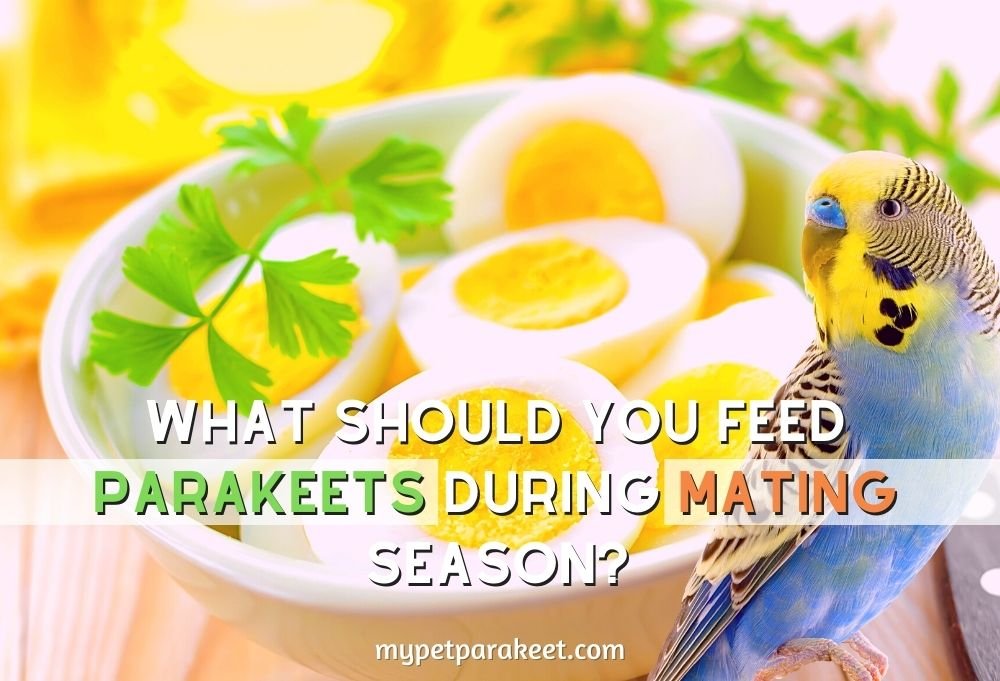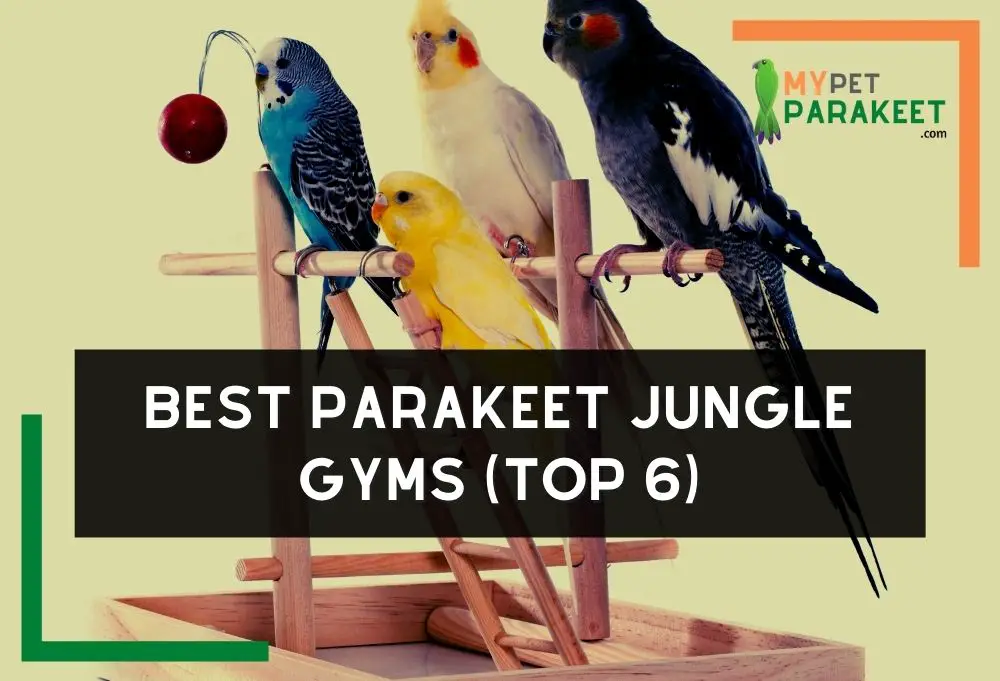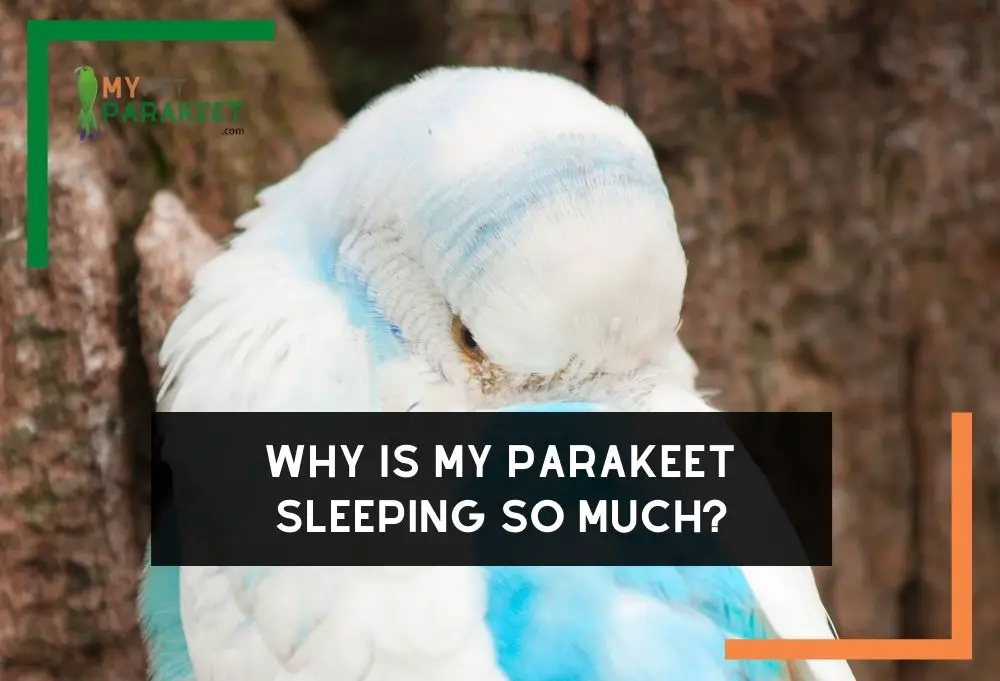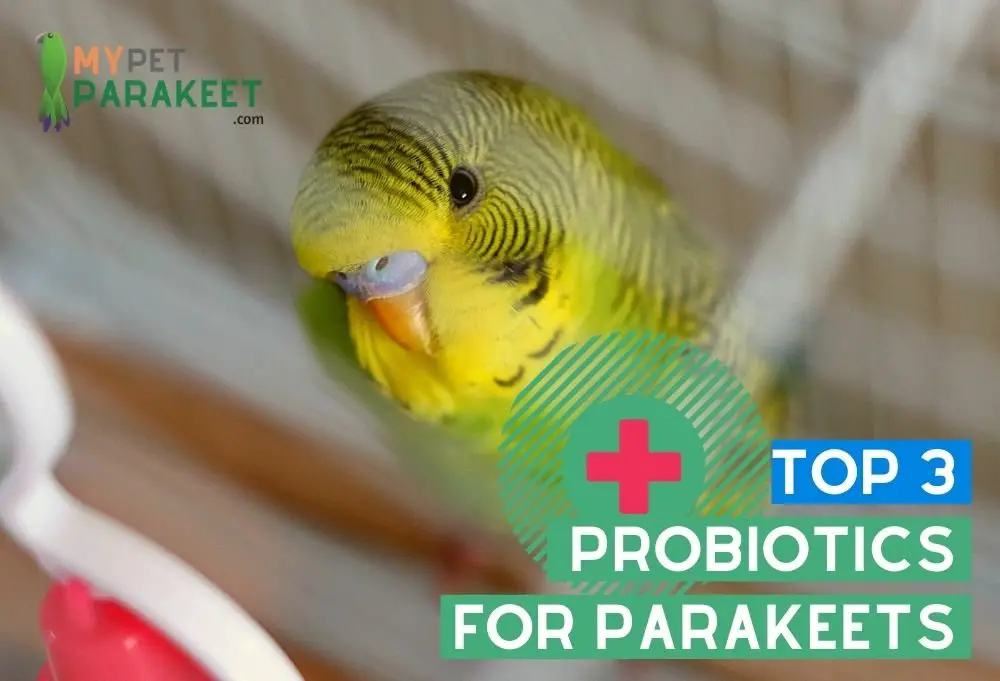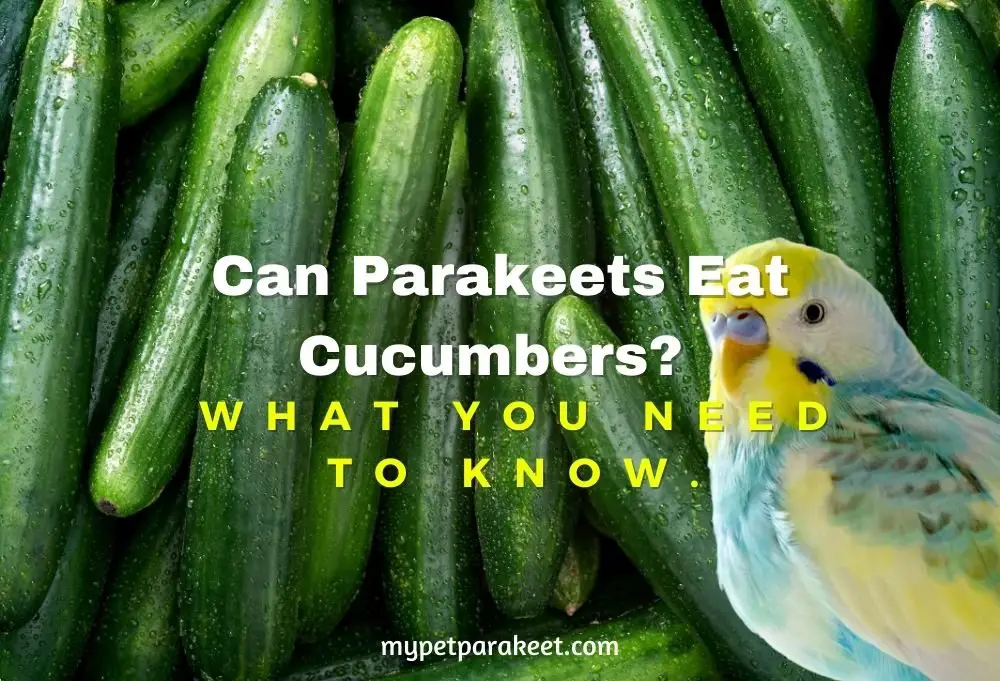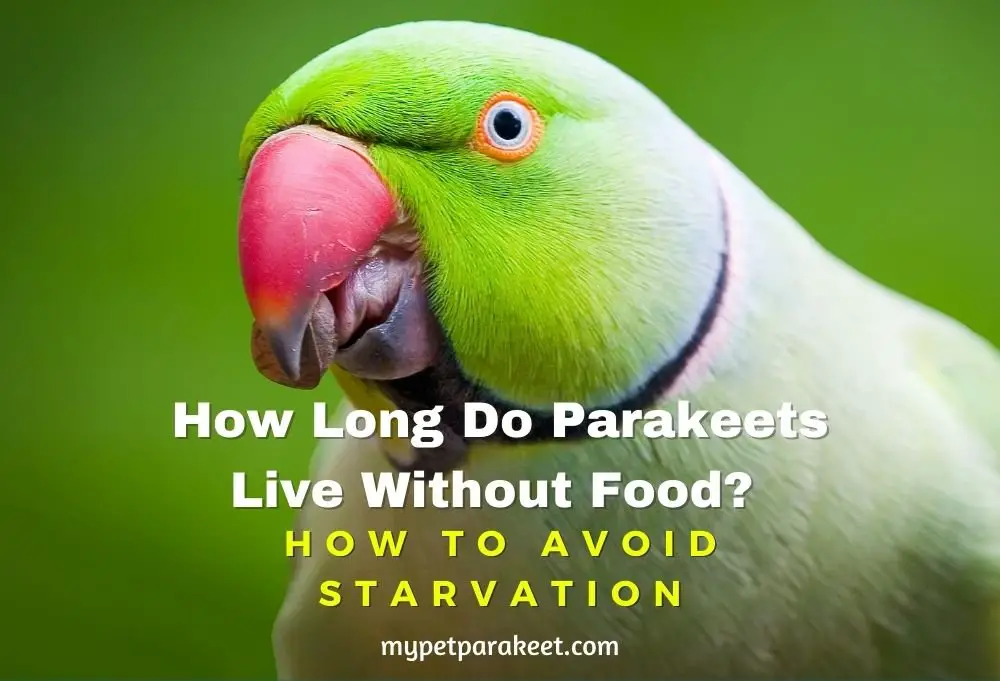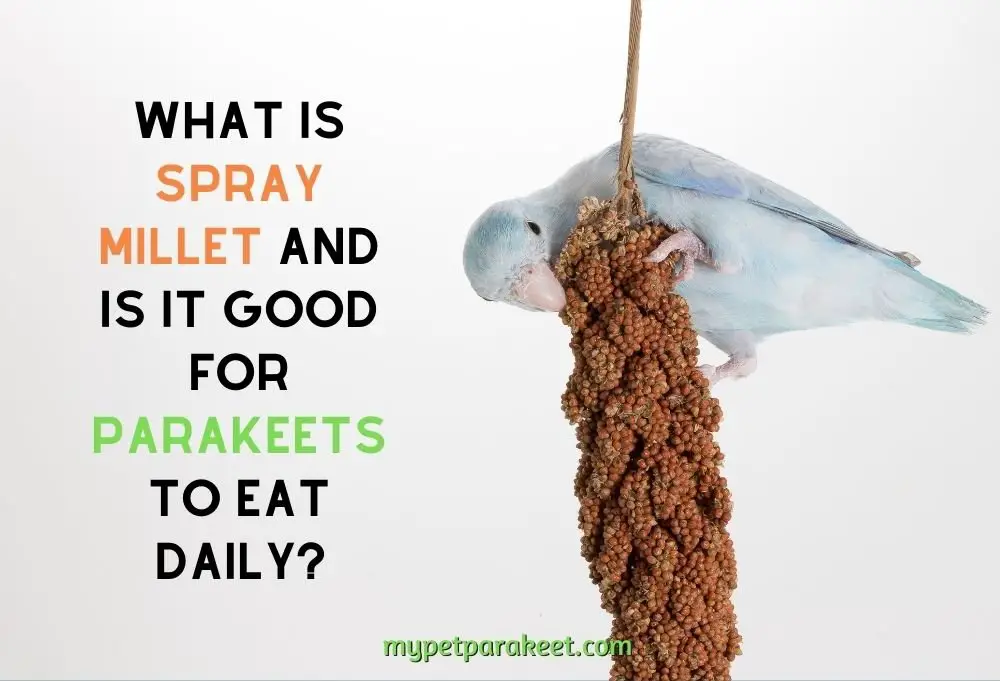One of the most important things to know about parakeet breeding is what to feed them during mating. The truth is that there are many different foods out there for various types of birds, but it seems that people keep asking us which food they should use for their parakeets while they're trying to reproduce.
We'll answer this question in our blog post today!
How Should We Feed Our Parakeet In Breeding And Non-Breeding Season?
Is there a difference between the diet you feed your parakeet during breeding and non-breeding season? The answer is yes, but just a slight difference.
During the breeding season, parakeets need a diet that is high in protein and fat. This type of food will help make sure they have enough energy to create eggs and nourish their chicks after laying them.
In the non-breeding season, it's best for your bird to eat something with more carbohydrates rather than proteins because this helps maintain an even balance of fats in the body.
This is very important because parakeets will eat more fat during the breeding season, and their bodies will need to burn it off when they're not breeding. If you feed them a diet that has too many carbs, their weight may increase or decrease dramatically, which can cause health problems like obesity or malnutrition.
We Recommend The Following Parakeet Breeding Food:
Homemade Peanut Butter
We have suggested homemade peanut butter specifically, as most shop-bought peanut butter contains hydrogenated oils and salt, which are not healthy for the birds.
Instead, you can blend your own peanut or nut butter using almonds, walnuts, peanuts, or any other nut.
Nut butter should only be given to your bird in moderation, however, but they are a great source of protein and fat.
Leafy Greens
It is important that your female parakeet gets enough leafy greens, as these are high in beta-carotene, which is needed for egg production.
We recommend spinach, kale, or lettuce that can be found at most grocery stores!
Just put a leaf in the cage or clip it to one of the cage bars; your parakeet will usually come over to try it and take little nips at it. If they eat it all, you can always offer another leaf.
A few other leafy greens that can be offered to your parakeet are collard, mustard, or turnip greens.
Boiled Eggs
It might seem a bit strange, giving another bird an egg to eat! But boiled eggs are a great source of protein and calcium, which will help her lay more eggs.
Offer boiled egg every other day or about once a week to give your female parakeet a good amount of the nutrients she needs for breeding success. Your parakeet will love the yolk especially.
White Proso Millet
White proso millet is one of the most popular grains for parakeets. This is because it's easy to digest and contains plenty of healthy fiber, omega fatty acids, and protein that will help her lay more eggs.
To prepare white proso millet, place about four tablespoons in a small dish or bowl; fill halfway with boiling water (or place millet in a pot with boiling water and cover).
Wait until the millet is cooked, then drain. Allow to cool for about ten minutes before feeding or add to her feed bowl.
Is A High Fat Diet Safe For My Parakeet?
Breeding season is the only time that they should be fed a higher fat diet. They should only be provided their regular food in the non-breeding seasons, and then some vegetables on top of it. This will help regulate their weight and maintain their health.
Inbreeding season, parakeets consume more fatty food because this is when they are incubating eggs which require more energy to produce than any other time of year.
Conclusion
Providing your birds with the proper food is essential for their health. It's crucial that they have access to healthy foods so that they are able to reproduce successfully as well as live a long life free of illness or disease.
These foods are by no means all that your birds should be eating, and you should continue to feed them what they are accustomed to. They are just additions for those who want to have the best chance at producing healthy baby parakeets!
Your bird may also have specific feeding needs that vary depending on its environment and other variables (i.e., time of year, temperature). As such, unless you have some knowledge about these factors for your particular bird and their diet preference, I would strongly recommend taking this question up with your local vet.

